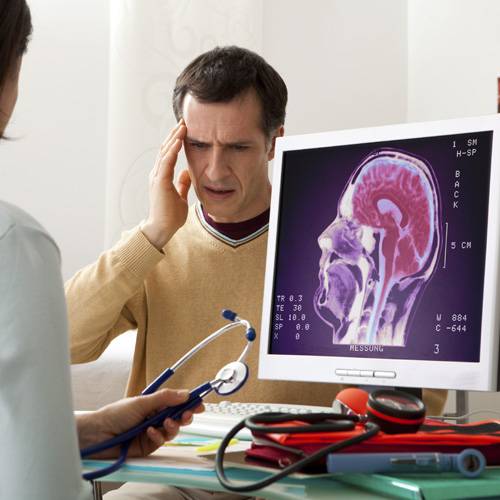The Department of Neurosciences at the Citizens Specialty Hospital is one of the few centers with advanced diagnostic and procedural facilities for simple to complex neurological conditions. The Rehabilitation services offered by the department ensure rapid recovery and improved quality of life. The medical and paramedical staff at the department is highly experienced in diagnosing and managing neurological conditions, such as spinal disorders, brain tumors, stroke, hemorrhage, and epilepsy.
The department also offers comprehensive tests such as nerve conduction study (NCS) and electromyography (EMG), electroencephalogram (EEG) including video EEG, repetitive nerve stimulation, and evoked potential study.
Doctors & Trained Staff
Term Of Specialists
Patients From More Than 5 Countries
OT Departments
Our Blogs will keep you updated with the latest news,
campaigns, health and wellness updates you should know.




